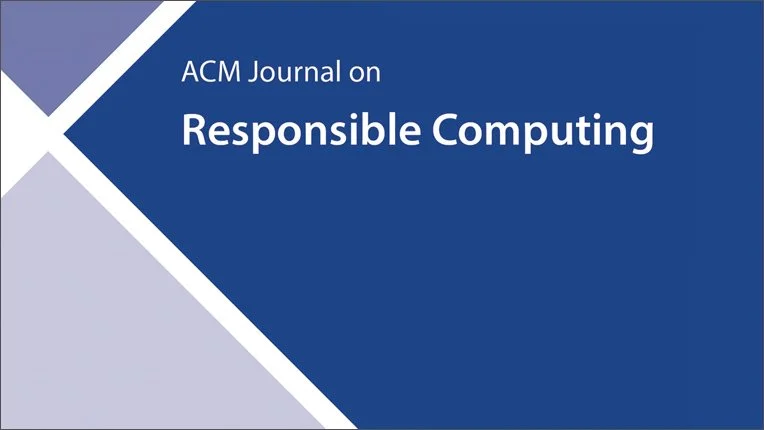In this paper, Alan Chan, Kevin Wei, Sihao Huang, Nitarshan Rajkumar, Elija Perrier, Seth Lazar, Gillian K. Hadfield, Markus Anderljung investigate the infrastructure we need to bring about the benefits and manage the risks of AI Agents.
Read MoreIn a forthcoming paper in the ACM Journal on Responsible Computing Jake Stone and Brent Mittelstadt consider how we ought to legitimate automated decision making.
Read MoreIn a forthcoming paper in AI & Society Sean Donahue argues that while common objections to epistocracy may not apply to AI governance, epistocracy remains fundamentally flawed.
Read MoreA paper by MINT Lab affiliates Ned Cooper and Glen Berman, along with co-authors Wesley Hanwen Deng and Ben Hutchinson, was accepted for poster presentation in the NeurIPS Workshop on Evaluating Evaluations: Examining Best Practices for Measuring Broader Impacts of Generative AI.
Read MoreSeth wrote an article in Aeon to explain the suite of ethical issues being raised by AI agents built out of generative foundation models (Generative Agents). The essay explores the strengths and weaknesses of methods for aligning LLMs to human values, as well as the prospective societal impacts of Generative Agents from AI companions, to Attention Guardians, to universal intermediaries.
Read MoreIn this paper, Seth Lazar, Luke Thorburn, Tian Jin, and Luca Belli propose using language model agents as an alternative approach to content recommendation, suggesting that these agents could better respect user privacy and autonomy while effectively matching content to users' preferences.
Read MoreIn this essay Seth develops a model of algorithmically-mediated social relations through the concept of the "Algorithmic City," examining how this new form of intermediary power challenges traditional theories in political philosophy.
Read MoreIn a new article in Inquiry, Vincent Zhang and Daniel Stoljar present an argument from rationality to show why AI systems like ChatGPT cannot think, based on the premise that genuine thinking requires rational responses to evidence.
Read MoreIn a forthcoming paper in Philosophy and Phenomenological Research, A.G. Holdier examines how certain types of silence can function as communicative acts that cause discursive harm, offering insights into the pragmatic topography of conversational silence in general.
Read MoreIn a new paper in Philosophical Studies MINT Lab affiliate David Thorstad critically examines the singularity hypothesis. Thorstad argues that this popular concept relies on insufficiently supported growth assumptions. The study explores the philosophical and policy implications of this critique, contributing to ongoing debates about the future trajectory of AI development.
Read MoreMINT Lab affiliate David Thorstad examines the limits of longtermism in a forthcoming paper in the Australasian Journal of Philosophy. The study introduces "swamping axiological strong longtermism" and identifies factors that may restrict its applicability.
Read More











